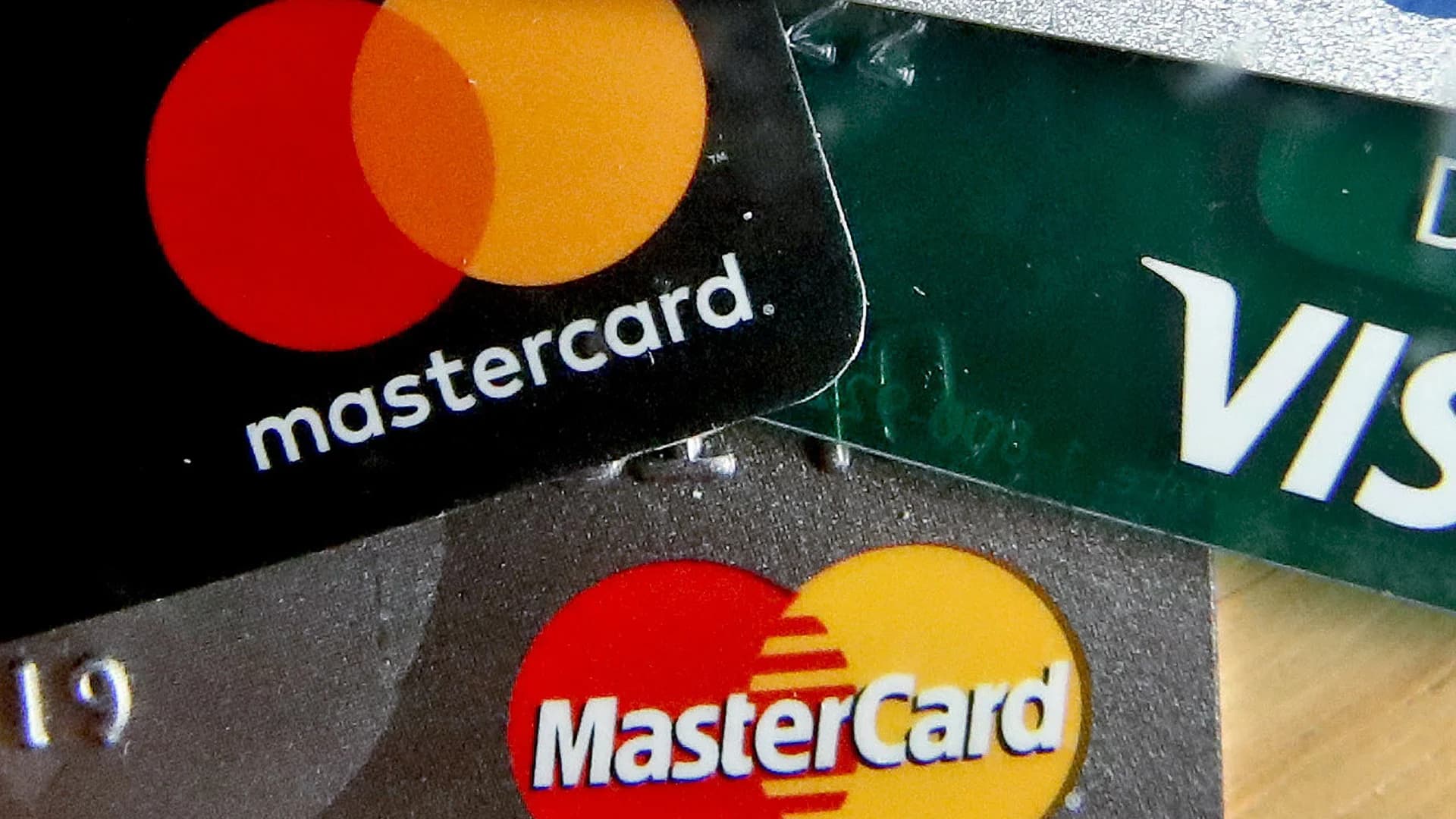More Stories

Consumers facing debt collection now have added protections under federal and state law.
New nationwide rules adopted by the Consumer Financial Protection Bureau (CFPB), that took effect in November, limit how and when debt collectors are allowed to contact consumers.
These rules also require debt collectors to give consumers detailed information about the origin and history of the debt they seek to collect.
Are you being contacted by a debt collector? Know your rights. Below are some things you should know:
1. RIGHT TO KNOW WHAT YOU OWE
Debt collectors must provide you with key information about your debt within five days of their first communication with you.
It typically includes the name of the company or person you originally owed the debt to, the date and amount of the original debt, and an itemization of fees, interest, payments, and credits that have been added to or deducted from the original debt.
2. RIGHT TO DISPUTE THE DEBT
You have a right to dispute the debt. The validation notice must include information on how you can dispute the debt. Click here for a sample dispute letter available for use from the CFPB.
Once you dispute a debt, the collector must stop all attempts to collect from you until they provide information supporting their claim to the debt.
3. DEBT COLLECTORS HAVE LIMITS ON HOW AND HOW OFTEN TO CONTACT YOU
Limits have been put in place to avoid harassment by debt collectors:
Debt collectors cannot call you more than seven times in any seven-day period.
They must wait seven days before calling again after they make contact with you by phone.
Debt collectors cannot call you between 8 p.m. and 9 a.m. in the time zone where you are located.
You have the right to tell debt collectors not to contact you by email or text message or any other means of communication, and you may tell them not to contact you at all.
Generally, they cannot try to reach you at your work email address, through a public social media post, or through third parties, like friends, family, neighbors, or co-workers.
Debt collectors cannot contact you at your workplace if your employer prohibits such contacts.
You can also tell a debt collector you cannot take calls at work.
4. CONTACT THROUGH SOCIAL MEDIA
Debt collectors cannot contact you through a public social media post. However they must follow certain rules if they contact you through social media:
Their messages to you must be private and not viewable by the general public or by your friends, contacts, or followers.
If a debt collector attempts to send you a private message requesting to add you as a friend or contact, the debt collector must identify themself as a debt collector.
They must also provide you, in each message, a simple way to opt out of receiving further communications from them on that social media platform.
5. YOU CANNOT BE SUED FOR OLD DEBTS
Debt collectors are required to notify you, before accepting a payment from you, if they are contacting you about a debt that is beyond the time limit for bringing a lawsuit:
After April 7, 2022: Creditors cannot sue you, or threaten to sue you, on debt that is older than three years; and
Until April 7, 2022: Creditors cannot sue you, or threaten to sue you, on debts that are older than six years. That time limit may be even shorter if the original company or person you owed the debt to is incorporated in or has its principal place of business in a state with a shorter time limit.
6. CHECK THE LAW IN YOUR STATE
Each state might have additional rights for consumers facing debt collection lawsuits. Click in your state below to learn more.
More from News 12
1:34

New Jersey man arrested as part of investigation into missing juveniles found in Spring Valley
1:25

Tensions flare during closing arguments for Edward Holley's retrial as prosecution pushes back
1:48

DA: 9 people indicted for crime spree spanning from Long Island to Florida
1:51

Spring-like Saturday across Hudson Valley before winter weather returns Sunday
1:32

'Masquerade'- New Broadway play reimagines 'The Phantom of the Opera'
1:55
